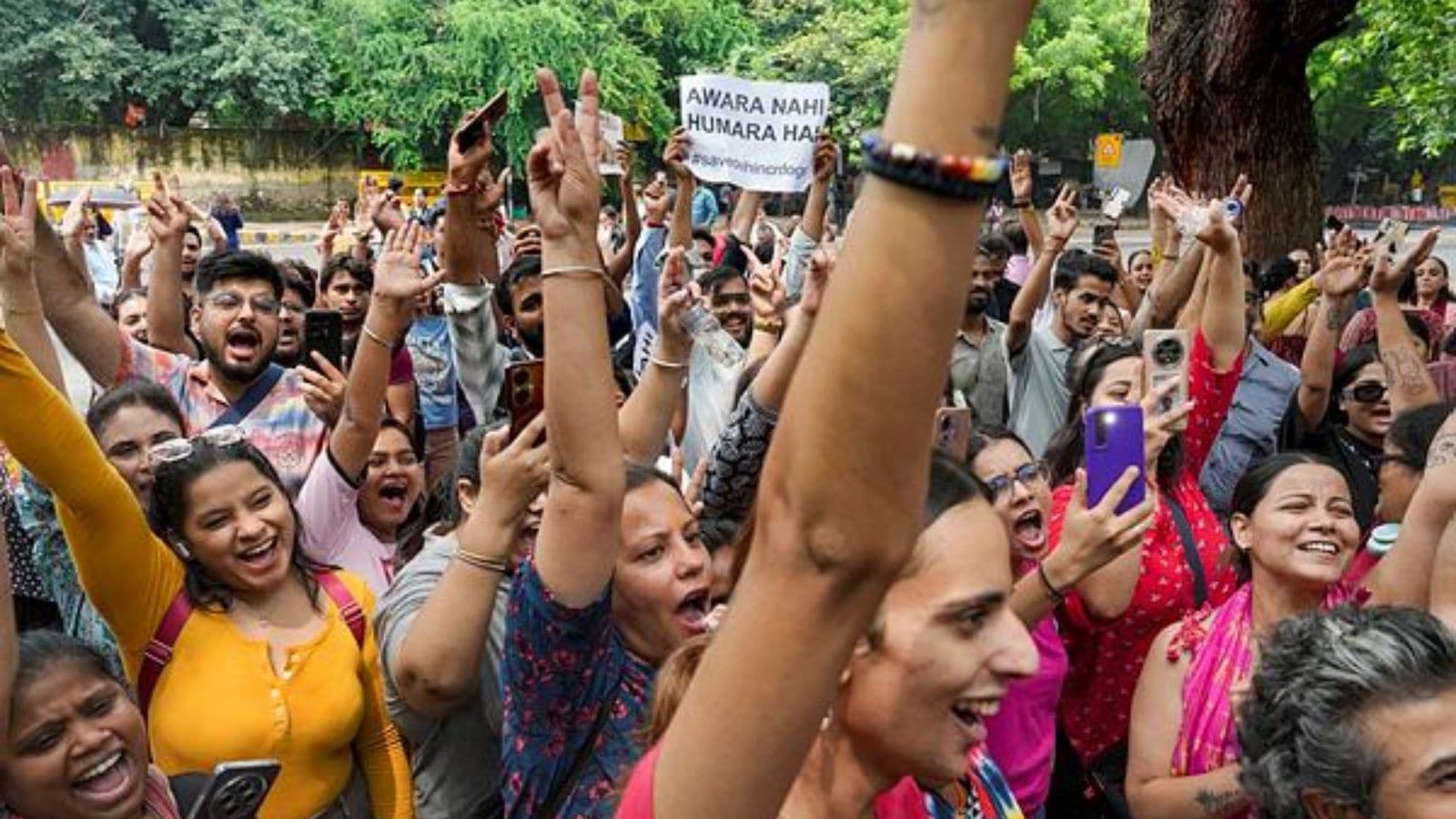
Animal welfare groups hail SC stray dog order, but some concerns remain
How did your country report this? Share your view in the comments.
Diverging Reports Breakdown
Animal welfare groups hail SC stray dog order, but some concerns remain
The top court Friday modified its August 11 order, which said stray dogs would be picked up from the streets and confined to dedicated shelters. The court has now directed that such canines would be released in the area where they were collected from, after sterilisation, deworming, and vaccination. A three-judge bench of Justices Vikaram Nath, Sandeep Metha, and N V Anjaria, however, said that the order would not apply to dogs infected with rabies or suspected to be infected with Rabies. Animal welfare organisations said the emphasis on implementing the Animal Birth Control (ABC) Rules was essential, as it is a scientifically proven approach. However, they said certain directives such as setting up feeding zones and identifying ‘aggressive’ dogs need to be clarified. They also said the definition of “aggressive dogs” needs to be scientifically established.
The top court Friday modified its August 11 order, which said stray dogs would be picked up from the streets and confined to dedicated shelters. The court has now directed that such canines would be released in the area where they were collected from, after sterilisation, deworming, and vaccination.
Story continues below this ad
A three-judge bench of Justices Vikaram Nath, Sandeep Metha, and N V Anjaria, however, said that the order would not apply to dogs infected with rabies or suspected to be infected with rabies, and those displaying aggressive behaviour.
Bharati Ramachandran, CEO of the Federation of Indian Animal Protection Organisations, welcomed the order. “We are all extremely relieved. The SC’s decision to club all stray dog-related cases under one umbrella instead of scattered High Court decisions was great.”
She added that the court’s emphasis on adhering to the ABC Rules — which rely on sterilisation, vaccination, deworming, and returning dogs to their original location — was needed since it is a scientifically proven approach.
Story continues below this ad
The court also directed municipal authorities to begin an exercise for creating dedicated feeding spaces for stray dogs in each municipal ward.
On this directive, Ramachandran said: “There is a need for a practical system to designate feeding spots. Civil society could play a role in shaping it.”
She also said the definition of “aggressive dogs” needs to be scientifically established.
Story continues below this ad
Alokparna Sengupta, managing director, Humane World for Animals India, said the SC’s direction backs the balanced and structured approach of the ABC Rules. “We are hopeful that scientific and well-reasoned criteria will be established to identify ‘aggressive dogs’ to ensure the order is not being misused and dogs are not being captured and confined owing to personal preferences,” she said.
Ambika Shukla, trustee of People for Animals, said she partly welcomed the order. “I appreciate the court’s decision not to relocate dogs since a shelter can never be a solution. However, we are waiting for experts to review the verdict… animal welfare experts should also be a stakeholder in the implementation of the ABC programme.”
Shukla also said the ABC programme should shift to a Public-Private Partnership model. “I believe the ABC programme is excellent, but the failure has always been in its implementation. Instead of handing it to municipalities already overburdened with (issues of) potholes, flooding, sanitation, and pollution, it should involve animal welfare organisations that have the expertise, motivation and interest. We know the dogs, their behaviour, and the ground realities, which makes us better suited to deliver results,” she said.
Story continues below this ad
She added that while feeding points should be identified urgently, feeding should not be stopped as it increases aggression and bite cases.
In its order, the SC also asked each dog lover and NGO, which approached the court, to deposit a sum of Rs 25,000 and Rs 2 lakh, respectively, with the SC Registry within seven days, failing which they will not be allowed to appear in the matter any further.
On this, Shukla expressed her disappointment. “I am deeply concerned about the fines levied on organisations approaching the court. Justice must be accessible to every citizen, especially the poorest, without financial barriers. Such conditions risk denying justice and should not become a precedent.”
